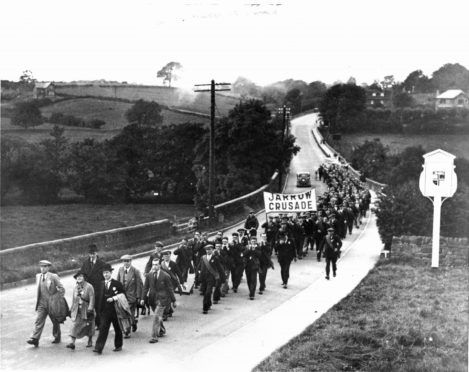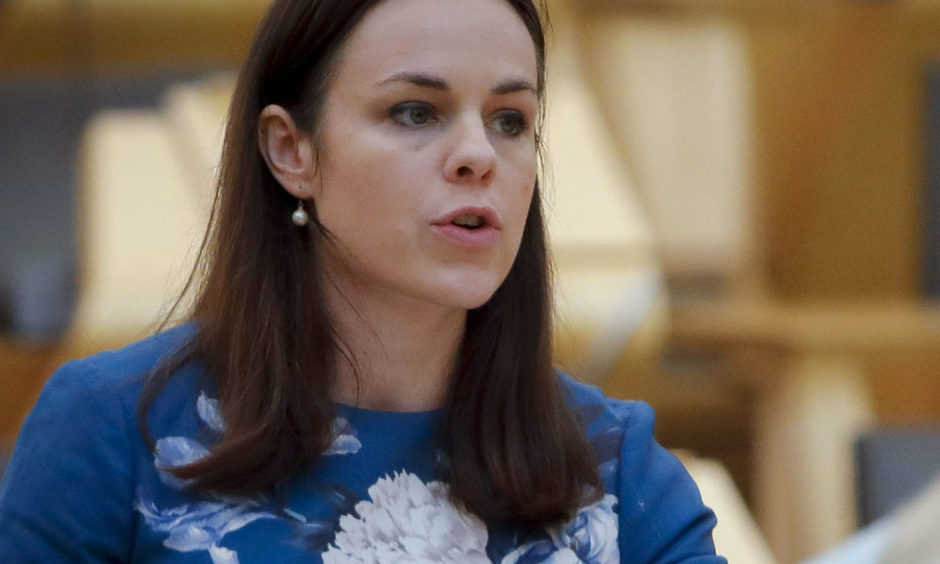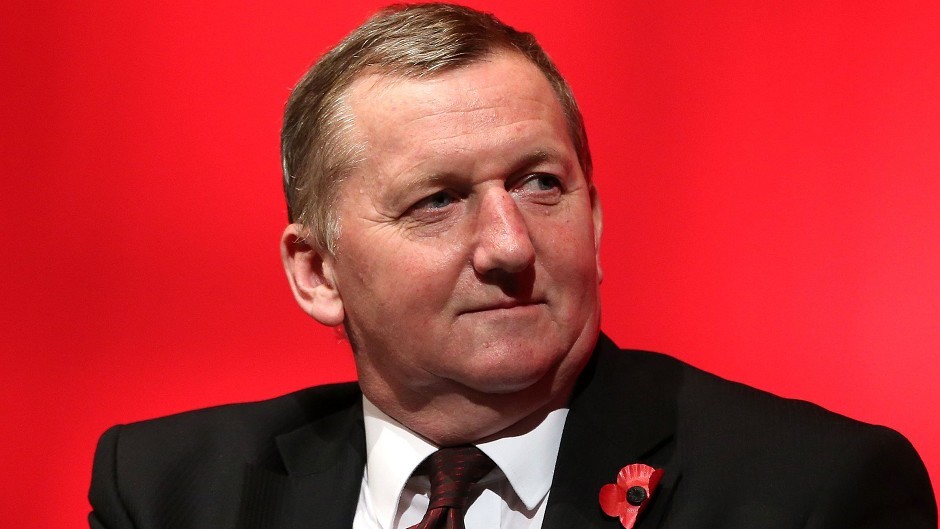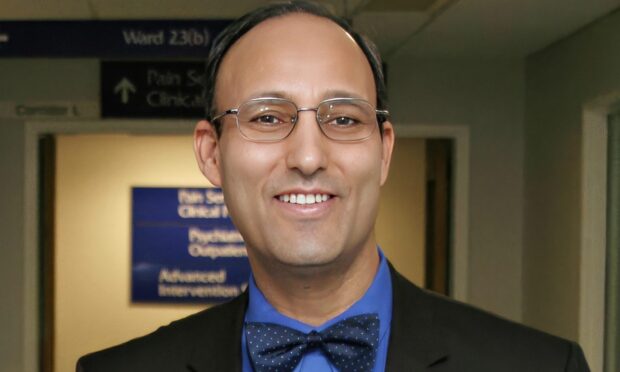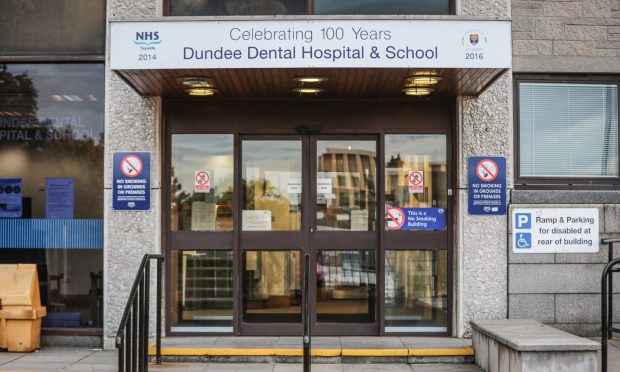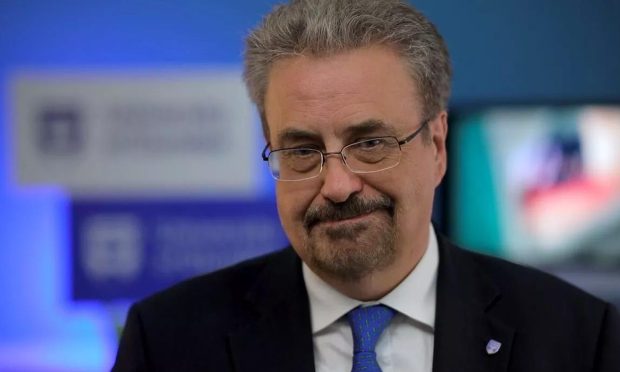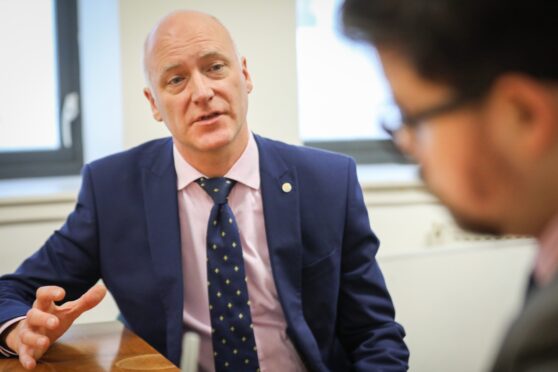Kate Forbes said a “windfall tax” should be imposed on companies like Amazon and Google to boost public funds as the economy contracted by record-breaking levels.
The Finance Secretary said online businesses that have benefited from the coronavirus pandemic should contribute more as new data showed UK economic growth figures fell by 20.4% for April, the highest decline ever recorded.
The figures published by the Office for National Statistics (ONS) were three times greater than the decline recorded during the whole of the 2008 to 2009 financial crisis.
Appearing at Holyrood’s Finance Committee, Ms Forbes said the virus would have a “huge” impact on Scottish businesses and result in rising unemployment.
Despite the Scottish budget being revised upwards to more than £52 billion, she also said the billions of pounds the Scottish Government was spending on combating Covid-19 was greater than the amount of cash coming from the UK administration.
In order to balance the Scottish budget, the Scottish Government needed more Treasury cash or more borrowing powers. Otherwise cuts would have to be made from frontline NHS, local government and public services, the Finance Secretary warned.
She also claimed there were “significant” risks that the amount of money coming to Scotland from the Treasury would not be as much as first forecast.
Clearly there are some very large organisations, corporations that have benefited from the pandemic and I think we should be looking to them in order to fund some of our needs going forward.”
Kate Forbes, Finance Secretary
Ms Forbes agreed when SNP MSP George Adam suggested a “windfall tax” should be introduced for firms like Amazon, Google and big retailers that had “done so well” during the pandemic.
The Finance Secretary said: “Clearly there are some very large organisations, corporations that have benefited from the pandemic and I think we should be looking to them in order to fund some of our needs going forward.”
She acknowledged that most tax powers were reserved to Westminster but said there was a mechanism under the Scotland Act to transfer the appropriate levers to Holyrood.
“It is absolutely right to ensure all avenues remain open when assessing how we respond to the severe economic effect.”
She added: “I certainly think that it is time for that to be delivered.”
Previously, Nicola Sturgeon’s administration had attempted to use a review of the Scottish rates system to introduce an “Amazon tax”, but it was abandoned following an outcry from businesses that said it was poorly designed.
Forbes fails to rule out tax on landowners
Ms Forbes also raised the prospect of landowners having to pay more tax when the subject was raised by Labour’s Alex Rowley.
Mr Rowley asked if a land tax should be imposed on “wealthy landowners” who had gained from government grants, Ms Forbes replied that “nothing was off the table”.
She also suggested VAT cuts and the injection of “eye-watering” amounts of government cash like the investment undertaken in France should also be part of the coronavirus recovery package.
And she warned the negative growth could have a disproportionate impact on Scotland given its reliance on sectors like tourism.
Scotland’s struggle to balance the books
That total included around £3.58bn in Barnett consequentials from the Treasury to match spending increases south of the border. However, only £3.06bn of that had been added to the Scottish block grant.
Ms Forbes warned that the Treasury had asked UK departments to meet extra Covid costs from their own budgets, meaning there was a risk of not all of the remaining £0.52bn coming to Scotland.
“At the moment the response to Covid is more expensive than the consequentials we foresee,” Ms Forbes said.
“I have two ways to make that shortfall; either it comes from elsewhere in the budget or the UK Government provides additional funding to make that shortfall. It is unlikely they are going to do that because they are also facing some challenges.”
Unless Scotland was given more flexibility on how to handle its budget, including borrowing powers, the only option was to “reprioritise” the cash from elsewhere.
“We are talking about the front line of the NHS,” Ms Forbes said. “We are talking about local government. We are talking about the public services we absolutely rely on and which will be critical in taking us through the next few months.
“I can’t countenance a return to austerity when families and individuals and businesses are already struggling. I want to be able to continue to support them. But to do that I need those flexibilities and powers.”
